How To Build a Successful Team Culture
written by Lois Warden (D1 Athlete at Bryant University)
What is success?
Success is different for every individual, but overall, it is the accomplishment of an aim or purpose. Success can be difficult to define to yourself or your team but just because you haven't thought about it before, or don't have a definition that fits just right for you or your team It doesn't mean you can't start. Success does not have a deadline, you do not have to have it set by a particular time or age, and it isn't about other people's definition, a one size fit all approach is impossible. It is about your measures and metrics, nobody else's. When considering your definition of success, you must ask yourself what does success mean for you? It is often helpful to start brainstorming and writing things down to help build a foundation for your definition. For some, it may be a question such as how open-minded am I? Others may see success as money, or something materialistic. It would help if you found what success is for you to understand how to build a thriving team culture in your team or sport.
What is team culture?
Team culture at a basic level is a combination of values, beliefs, attitudes, and behaviors that is shared by a team. It is about how that teamwork is directed towards a joint goal and the relationship between the team members. These are not always positive, and this is a way in which we can identify the strengths and weaknesses of a team to build a healthier and more successful team culture.
Culture is not something customarily spoken or written about it is something that is generally built and created as a team bond with one another. It is about the individual and group dynamic between the team that makes the culture of a team. Different teams manifest their own culture, and generally, each individual brings their definition of success and own culture to the group as a whole which aids to the uniqueness of the team's culture and definition of success as a whole.
WHAT IS A 'GOOD' CULTURE, AND WHY IS IT IMPORTANT?
Culture is something that people create, not the objects or things around them. It is the connection and bond between people that build a culture between a team of people. A lot of people believe it to be the facilities or the objects around them that creates the culture of a team or group. However, that is not the case and should be stressed when the team are beginning with one another. Just because a team has the best facilities or the best equipment, it does not automatically mean they have a thriving and inclusive team culture. It could mean the opposite. If the facilities or equipment etc. are the focus of that team, the likelihood of their culture and team bond being strong are incredibly slim because their focus is elsewhere. Culture takes time to build and is not quantifiable.
A profitable and successful culture is one in which the team members work together, share knowledge, successfully communicate and support each other inside and out of the team atmosphere. Feeling supported within a team helps the team bond more intimately. As a result, they can do great things knowing they have the support of one another. It is like they are a safety net and team of people that you feel comfortable and confident asking questions, speaking up and taking on new challenges that you may not have felt comfortable doing before. This does not only benefit the team but also you as an individual in terms of your personal growth.
When culture is weak in a team, it often leads to a need for lots of heavy, precise rules and processes, which leads to permission seeking culture. This usually does not support individuals within a team that doesn't feel comfortable enough expressing their beliefs and feeling, which inevitably results in an almost parent-child relationship, in which one person says something and people are afraid to speak up, so the culture is based on one individual's beliefs, not the teams. In contrast, with a strong culture, trust exists, and people feel comfortable speaking up and doing the right thing by getting involved. This creates an inclusive and free environment. When a sound and robust culture is broken, the team you have worked so hard to build eventually begins to fall apart and look fragmented, broken, and misguided.
TOXIC CULTURES
The culture of a team inevitably begins from the values, behaviors and decisions of a coach or captain as they take control of the team. If the coach and or captain do not act inclusively and appropriately and allow unacceptable behavior without any action causes a normalization of harmful, disrespectful and exclusive behaviors that infects the team. Just because this behavior infects the team, it does not necessarily mean everyone that makes up the team believe this behavior is condoned or see it as acceptable to act in this way. Despite this, it is still an underlying problem within the team that negatively impacts the culture, and this perception of confidence and inclusivity that was once present within the team has been compromised for everyone.
As an example, over the past few years in a few team sports, there have been cases of discrimination and sexual harassment in the team environment, and during a training or competition environment. However, if the coach or physio as the highest person on the team is behaving in such a manner, would you feel comfortable or safe speaking up about the incident? Do you think your concerns would be heard and appreciated? Would that concern be valued and heard, or would it be brushed off and would you be made to feel inferior or in the wrong for bringing it up? This creates a culture of fear.
In contrast, when a team has a good culture, individuals feel comfortable speaking up because they know they have support from the people around them. Without this feeling of safety and security within your team, there is something that desperately needs addressing to change this.
HOW DO YOU BUILD A STRONG TEAM CULTURE?
Time is one of the most significant necessities when trying to grow and develop a team’s culture. You are not able to create the bond of a team in one day; it starts with individually building relationships with one enough before the team becomes one. Patience is a virtue when trying to build a strong team culture. Without patience and determination, often, the team experiences conflicts early that are detrimental to the team. However, if you spend the time and put effort into making the relationships within the team strong, the likelihood of conflict and or problems arising decreases dramatically. A strong team culture starts with where you are as an individual right now and where you want to be in the future. The only way to make positive changes is to take ownership and action as one. This becomes a lot more successful when you have a good captain or coach to guide you in the right direction and always keep you on track.
For some teams, they start in an excellent position, however, regardless of how well off your team begins there should always be areas that need to be improved on to make the team even more substantial and even more successful. Everyone should identify areas they feel they need to improve on, and as a team what they think needs to be worked on.
Values Essential for Team Success:
Values are "a person's principles or standards of behavior; one’s judgment of what is important in life”. Values are essential as they guide our decisions and choices in the right direction and make individual athletes and the team effective. Some vital values in success are:
- Ownership: being able not to make excuses
- Putting in hard work and your best effort every single time
- Being focused and feeling as though what you are doing has a purpose
- Quality
- Teamwork
- Trust
- Being open and honest with your team
- Self-respect and respect of other team members
Attitudes that are helpful during sport:
Attitudes are "the way you think, feel and act on something". Attitudes are essential in sport as it illustrates how athletes feel and the reason for the way they are acting. Especially when there is something that needs to be worked on in a team, attitudes are essential to be able to understand to fix any underlying issues or conflicts. Some helpful attitudes to possess during sport include:
- Process, not outcome (this means essentially how something is done rather than what happens due to the way you acted)
- Challenge, not a threat (this means seeing something as a challenge and a task to push yourself to complete, rather than something negative and unreachable)
- Seek out discomfort
- Mistakes and failures are good because you can analyze and work from them to improve next time.
- Never give up, keep working hard and pushing yourself as far as you can go!
Goals that are useful for a team:
Goals are “the object of a person’s ambition or effort; an aim or desired result”. Goals are incredibly vital for athletes to keep them on track and keep them improving. It keeps them working in the right direction and gives them something to work towards and aim for. This is the same for a team as it is an individual. It is also essential in keeping athletes motived. Some team goals that are useful for a team include:
- Support and communication
- Focus
- Respond positively to hardship
- Completely prepare
- Always put 100% effort in
- Do not have regrets, try what you feel is best and if it does not work, learn for next time
- Always have fun, and do not let what you love become a chore
HELLO
MY NAME IS COACH NICK
FOLLOW US ON INSTAGRAM
Want To Read More?



















We’ve heard it all. Every excuse in the book to skip a post-workout stretch. However, static post-workout stretching is equally as important to training as the formal workouts themselves and should be made a regular, consistent part of any track & field athlete’s training plan.